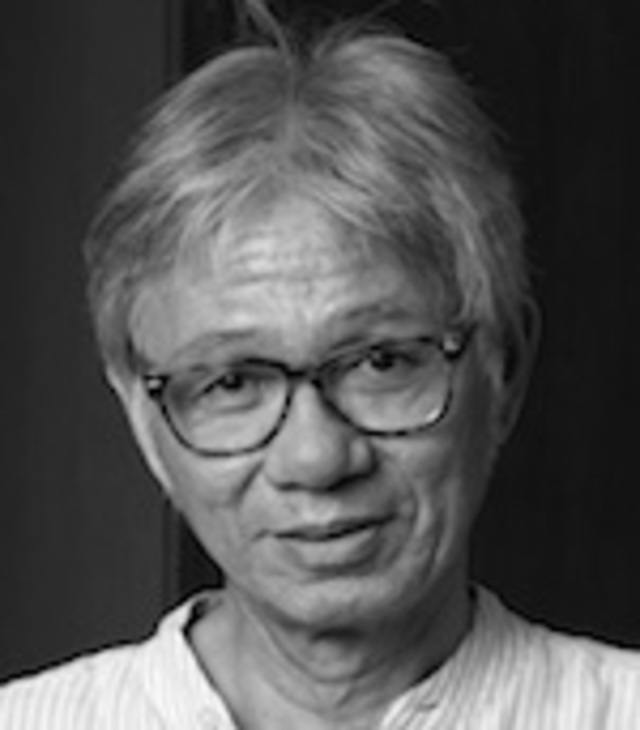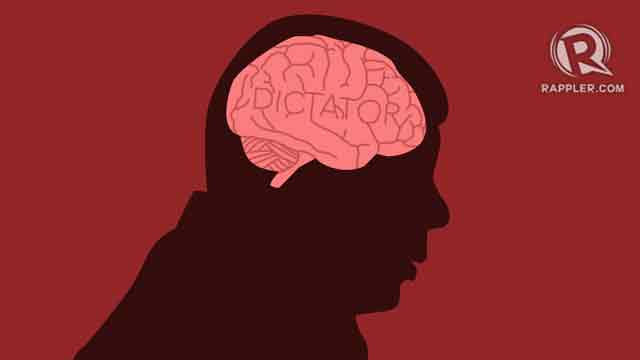
On Thursday, Bonifacio Day, President Duterte announced he was no longer declaring a revolutionary government. Possibly, he meant what he said. Problem is he does not stay with the truth for long.
Authoritarianism has defined his leadership since he became mayor of Davao City, a position he had held for more than two decades, before he was elected president. His presidency has begun to acquire the same character to the extent possible in a constitutional democracy, but he's not stopping until the transformation becomes complete – fast.
Thus, he switched routes to dictatorship from martial law to revolutionary government to skip the congressional and judicial oversight powers to which the former is subject. Even after his own defense secretary and armed forces chief had declared that the military, the ultimate swing force, would not support a revolutionary government, he continued to push for it.
He began floating stories that enemies of all colors and persuasions – communists, terrorists, foreign agents, political armies, and sundry outlaws – were either plotting or had actually begun to mount plots against him. He was hoping yet to stir up enough popular clamor to trump the military and turn the tide in his favor.
That reckoning had been set for the annual national holiday designated for honoring the Philippines' greatest revolutionary, Andres Bonifacio. Duterte had been counting on a people-power-sized representation of the 16 million voters who gave him the plurality that won him the presidency.
But only a smattering came. The crowd looked even sparser on his Palace's broad front street, itself the stage of many protest demonstrations any one of which would put the turnout for him to shame. In fact, bigger and more numerous counter protests were held elsewhere in the metropolis and certain provincial cities on the same day.
That seems to have done it: he transformed from bellicose to benign. Or at least that's how he was portrayed by his spokesman, who tried to save the day for him by manufacturing tales.

Harry Roque said Duterte had only intended a revolutionary government for when the nation fell in extremis– "kung lupaypay na" were his exact words, which personify the nation as a man too weak to even raise himself back on his feet, which only makes things worse for Duterte. For, with him in charge, who else could bring the nation to such helplessness?
In fact, that prospect is already perceivable from the Duterte presidency's utter lack of achievement after a year and a half and the deterioration all around of the state of the nation:
- the trains are breaking down, and the roads are becoming more and more overburdened, slowing the movement of people and goods accordingly;
- investments are down to a trickle;
- the treasury is fast becoming depleted, saddled in particular by the expense of two overkill wars: one, on terrorism and brigandage, was just recently ended, leaving a city in total ruins; the other, against drug dealers and users, has taken thousands of lives and goes on amid worldwide protests it has provoked of summary executions;
- government operations are messed and stunk up by inefficiency, mediocrity, and corruption, not to mention poor taste.
But take away all that, and Duterte would still itch for dictatorship. That’s because he suffers from a condition that triggers a reflex and takes away any sense of deliberation from its sufferer. It's an itch far more serious than anything caused by a skin problem like, say, a fungus and one that cannot be relieved by scratching, because it is symptomatic of something mental: it determines predisposition; indeed, it goes into the very reason why this nation has been brought into its descent into authoritarianism.
Not to forget, the disorder has been certified to professionally and noted judicially, having been admitted into evidence in the annulment case Duterte’s wife had brought against him, and won. Now that he is president and appears to relish public appearances, his “antisocial narcissistic personality disorder” – that’s what it is called clinically – has become even more richly manifest.
Duterte’s pronouncement renouncing revolutionary government recalls the promise he gave before his presidential installation to "metamorphose into a butterfly." Both speak to a pathological incapability: dictator is the only thing Rodrigo Duterte knows how to be. – Rappler.com